Why Outsourcing Your Accounting Makes Sense for Small Business Owners
Small business owners spend a significant amount of time managing their books. This is an incredibly important step in running your business. Because nearly 20 percent of all businesses fail in their first five years, it’s essential to stay on top of your finances. But, doing this yourself leads to complications, costly mistakes, and too much time spent away from your customers.
Are You Putting Your Business at Risk By Not Hiring a Professional?
Most startup business owners spend their first few years focused on building their business by working for the company – hiring, building a product or service, and working with customers. And, many avoid hiring an accountant because it seems like a service they cannot afford. Yet, there are numerous reasons not having a tax professional like this is hurting your business.
Do You Really Have the Time?
If you had to spend one to two hours of each working day managing your business’s accounting, could you do it? If you did not have to do this, what would you do with those extra hours each day? You may spend time with customers, building your company’s product line, or just improving your employees’ skills. Do you really have time to dedicate to accurately accounting for your company’s finances?
Consider Your Skill Level as Well
It goes without saying your business is successful because of the skills you have. But that does not mean you have the right business accounting skills. Managing business books is far more extensive than managing personal finances. You could take a few courses, to ensure you have the right skills, but this also pulls you away from day to day operations.
How Can Outsourcing Your Accounting Benefit Your Company?
Outsourcing your accounting to a third party can have many benefits, even if you have a very small business. If you calculate the amount of time you spend doing books yourself, you may find outsourcing is actually less expensive. And, it helps you to ensure accuracy from start to finish. More so, you gain insight and information. You will always know where your business is heading and have the ability to see what’s costing you too much or where you can make adjustments.
When you find an accounting professional you can trust, you’ll gain incredible knowledge. You will also be able to set and work towards financial goals in a more clear, efficient manner. Contact us if you would like to discuss how we can help grow your business.

In Small Business, Success Is Spelled with 5 "C's"
When doing business, understanding the factors that matter can make a world of difference. As a small business owner, the five C’s are crucial to your success and the longevity of your business.
What are the five C’s?
The five C’s help you manage the business properly. They are:
- Customers
This can be considered the most important “C” of them all. Without customers, your company cannot thrive. Getting a background in the techniques and tactics that will give you visibility is key.
- Cash flow
With customers comes cash flow. You need to protect the cash coming in and out of the business. Become familiar with all aspects of your financial processes.
- Credit
Establishing credit for the business can work to your advantage, especially when times are lean. Paying on time, and managing your vendors correctly is important.
- Credibility
As a business, your credibility speaks volumes. You may be in an area where there are a number of competitors. The way you conduct your business matters will be a viable factor when customers are considering patronizing your services.
- Capital
When you’re moving into larger projects that require equipment, or you need to expand your inventory or expand, you’ll need the capital to do it. The first four C’s all contribute to getting the capital you need.
Infusing some aspect of the five C’s into every area of your business will help you grow. Be diligent, stay focused and reap the rewards!
10 Things the Bank Will Ask When You Need a Business Loan
Getting a bank loan for a business is an arduous process that requires significant documentation in order to succeed. It is far better to request a bank loan well in advance of any need for funds because if a company is in a desperate financial need; the loan is very likely to be denied.
Bplans has an article that summarizes the 10 things a bank will need for a business loan application, which include historical records, documentation, and the signing of certain agreements.
Historical Records
The historical records, which the bank will require, are copies of the financial records and tax returns for the past three years. The financial records include the balance sheets and income statements for those years. Banks prefer to work with audited financial statements or at least ones that have been reviewed by a CPA. The bank will also want to see the details of the accounts receivables and account payables.
Documentation
In this category, the bank will want a copy of the business plan, all of the financial information about the business, and the financial information of the business owners. A copy of all insurance policies is usually requested as well.
Agreements
Besides the loan agreement, other agreements will need to be signed, which includes a collateral pledge of sufficient value that the bank will find acceptable. This is usually about 2 to 3 times the amount of the loan request. Personal guarantees from all owners are required. An agreement to maintain certain financial ratios to ensure the financial strength of the company is usually also a requirement.
Summary
It takes a huge amount of paperwork to successfully complete a bank loan application that results in financing. It is a good strategy to prepare everything in advance before approaching the bank. Efficient submission of the documentation requested by the bank creates a sense of financial soundness for a company. Savvy business owners, with sufficient collateral, who are well prepared with their documentation, make it easier for a bank to give a loan.
Differences Between Forecasting & Budgeting
Forecasting and budgeting are both useful ways to manage money to reach goals; however, there are differences between the two. Brush up on forecasting vs. budgeting today.
What is Forecasting?
Forecasting looks toward the future, drawing on data from past performance to project how things might go. While forecasts can come true, there is an element of guesswork. Forecasts are projections for the desired outcome—and can be wrong.
For this reason, companies often create several forecasts to plan for different scenarios. For instance, one forecast might estimate sales figures based on past data, while another estimate might look at more aggressive growth and how that will change cash flow for the business. By forecasting when (and how much) income comes in, the company can manage cash flow so there is always enough money to pay bills.
What is Budgeting?
Budgeting provides a way to manage cash flow and spend within limits based on earnings. While an annual budget may have an aspect of forecasting (since you're projecting what your business will earn over the year), budget reconciliation helps keep projections in check.
Budgeting is often seen as a reality check because it highlights gaps between projected and actual income (or forecasted income and earnings). It's typically more conservative than forecasting, as spending more than the company is earning creates significant problems. If forecasts fall short, budgets need to be adjusted to bring spending down and increase profits, thus creating a cushion that allows the company to respond to emergencies.
Combining Forecasting and Budgeting
While forecasting and budgeting seem opposed, both are necessary to manage a company's financial health. Starting from a budget that hews closely to past income and expenses, companies can then estimate conservative and generous projections for every budget item. With a high and low estimate for each line item on the budget, companies can quickly respond to shifting conditions, whether it's an unexpected down turn or a sudden surge.
By knowing when to forecast, when to budget, and when to combine approaches, you can manage business revenue and keep company finances in the black.

5 Biggest Challenges Facing Your Small Business
In order to succeed, small business owners need to pay careful attention to five critical factors. One of the reasons that so many new small business fail is that they do not manage these factors well as part of their long-term strategic goals.
Lack of Client Diversification
Over-dependence on a single client or a few clients puts a small business at risk. If one client makes up more than half of the income for a business, it is time to add more clients. Very few businesses can survive if suddenly half of the income stops. Even when client relations are good, economic and/or market forces may cause a client to reduce or stop purchasing goods or services.
Cash Flow
Having sufficient cash flow to keep the business running and employees paid is one of the most critical factors for success. Under-capitalization is the cause of most business failures.
Owner Exhaustion
In a small business, there is always something that needs to be done. Usually, the business owner picks up the slack. It is very likely a business owner will be the hardest working person associated with any company.
The risk is that fatigue can really wear a person down. When overly-tired, the owner(s) may make mistakes, get ill, or simply run out of energy. It is important to pace oneself and force oneself to take some time off occasionally to recharge personal batteries.
Over-Dependence on Founder’s Contributions
Related to fatigue, is the common problem created when a business is overly-dependent on the efforts of the owner(s). One way to test this is for a business owner to suddenly go away for a few days without warning and see if the business starts to fall apart. A well-organized business should be able to function without the owner’s constant presence.
Balancing Growth and Quality
In order for a business to scale, there should be a systematic approach towards growth. Many small business owners are challenged by this because there is the need to “let go” a bit in order to let a business grow. While the owner(s) may feel that they are the best at doing everything, it is far more important to delegate to others and use systems to support business expansion.
By managing these five factors well, a small business owner can navigate around the things that cause failure and increase the chance that a business will thrive and grow.

